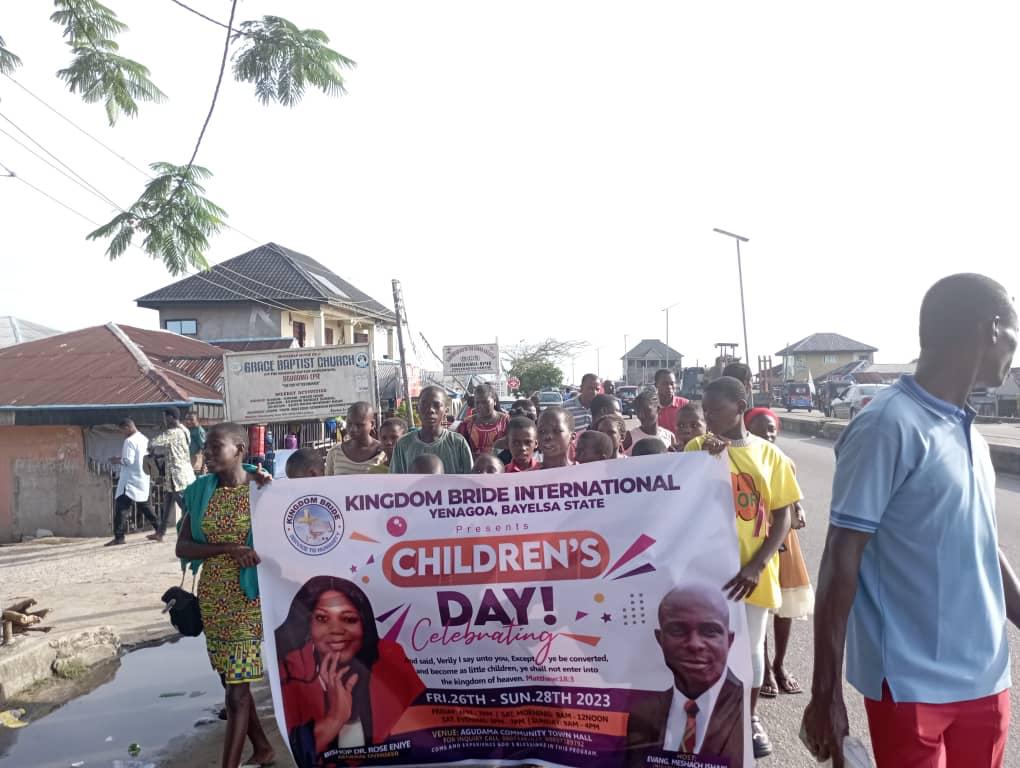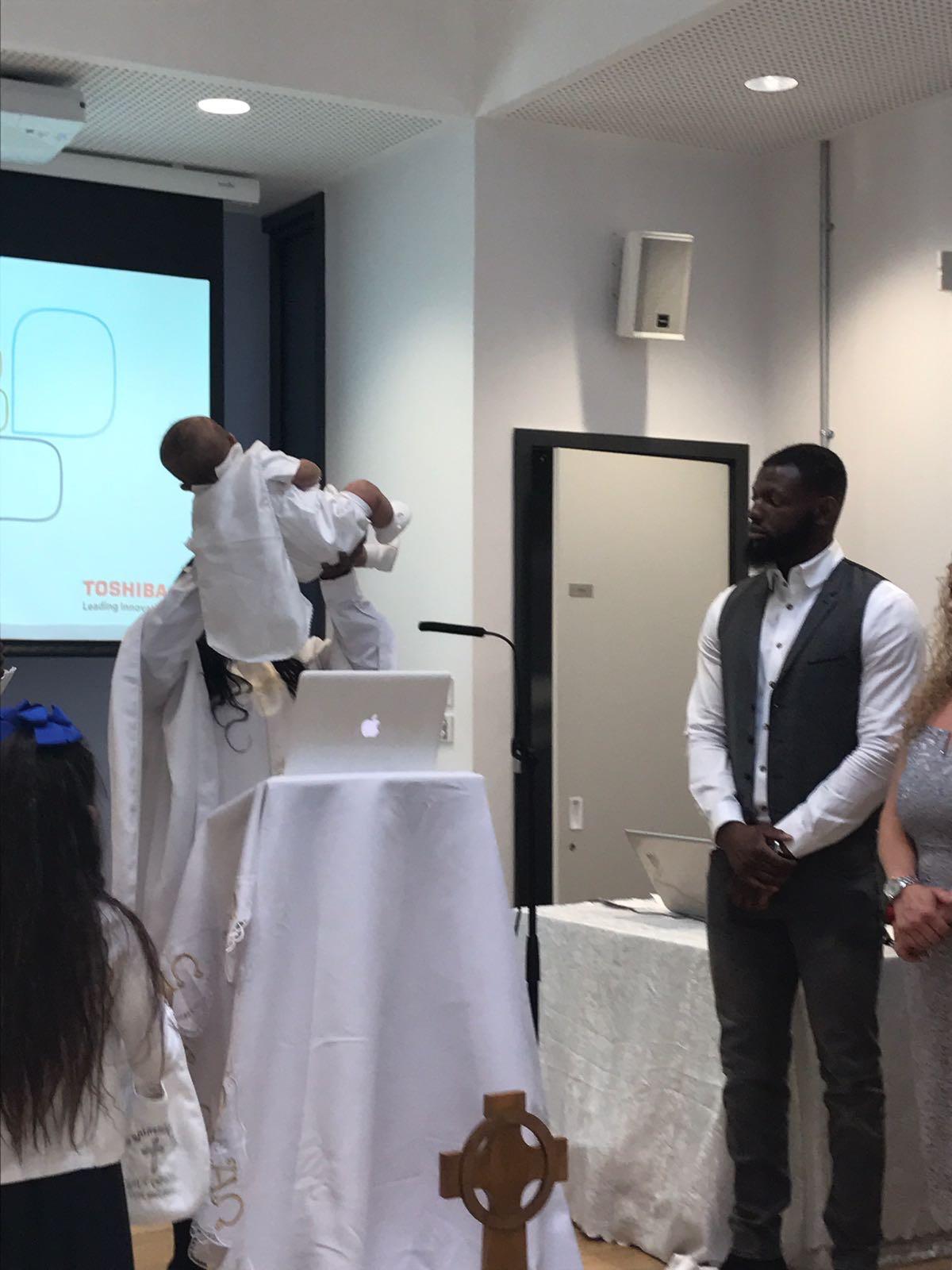Pastorial
Pastoral outreach is an essential aspect of church ministry, aimed at fostering connections between the church and its members as well as the broader community. It involves proactive efforts to engage with individuals, offering spiritual guidance, emotional support, and practical assistance. This outreach can take many forms, such as visiting the sick, organizing community service events, or providing counseling for those in crisis. By reaching out, pastoral leaders not only address the immediate needs of individuals but also create a sense of belonging and support within the congregation. The goal is to embody Christ’s love and compassion, demonstrating that the church is a safe space for healing, growth, and connection.
In addition, pastoral outreach emphasizes inclusivity, ensuring that marginalized or underserved populations feel seen and valued. This may involve outreach to youth, the elderly, or those facing socioeconomic challenges. By actively listening to the needs and concerns of these groups, pastoral leaders can tailor their ministries to be more effective and impactful. Ultimately, pastoral outreach is about building relationships, fostering community, and sharing the message of hope and love found in faith.

Outreach
Outreach refers to the proactive efforts of individuals, organizations, or communities to connect with and support those who may be in need or outside their usual circle. In a faith context, outreach involves extending the church’s mission beyond its walls to serve others, embodying the principles of love, compassion, and service. This can manifest in various forms, such as food drives, educational programs, health clinics, and support services for the vulnerable.
Effective outreach often begins with understanding the specific needs of the community. Engaging in dialogue, conducting surveys, or collaborating with local organizations can provide valuable insights. By tailoring outreach initiatives to address these needs, organizations can make a meaningful impact and foster relationships built on trust and mutual respect.
Moreover, outreach serves to cultivate a sense of community and belonging. When individuals come together to support one another, they strengthen not only the fabric of their community but also their collective faith and values. Outreach is not just about giving; it’s about listening, learning, and building bridges that encourage growth and understanding. Through these efforts, organizations can inspire others to join in the mission of service, creating a ripple effect of positive change.

Sacremental
Care and support by clergy for spiritual and emotional needs
The sacramental life is central to many faith traditions, providing a means of grace and a deeper connection to the divine. Sacraments, such as baptism, communion, and confirmation, serve as outward signs of inward spiritual realities. They are moments of profound significance where believers encounter God’s presence and grace. The practice of sacraments not only strengthens individual faith but also fosters community, as congregants gather to celebrate these sacred moments together. Through the sacramental life, individuals are invited to experience transformation and renewal, deepening their commitment to their faith and to one another. This rich tapestry of rituals nurtures a sense of belonging and purpose within the broader faith community.






